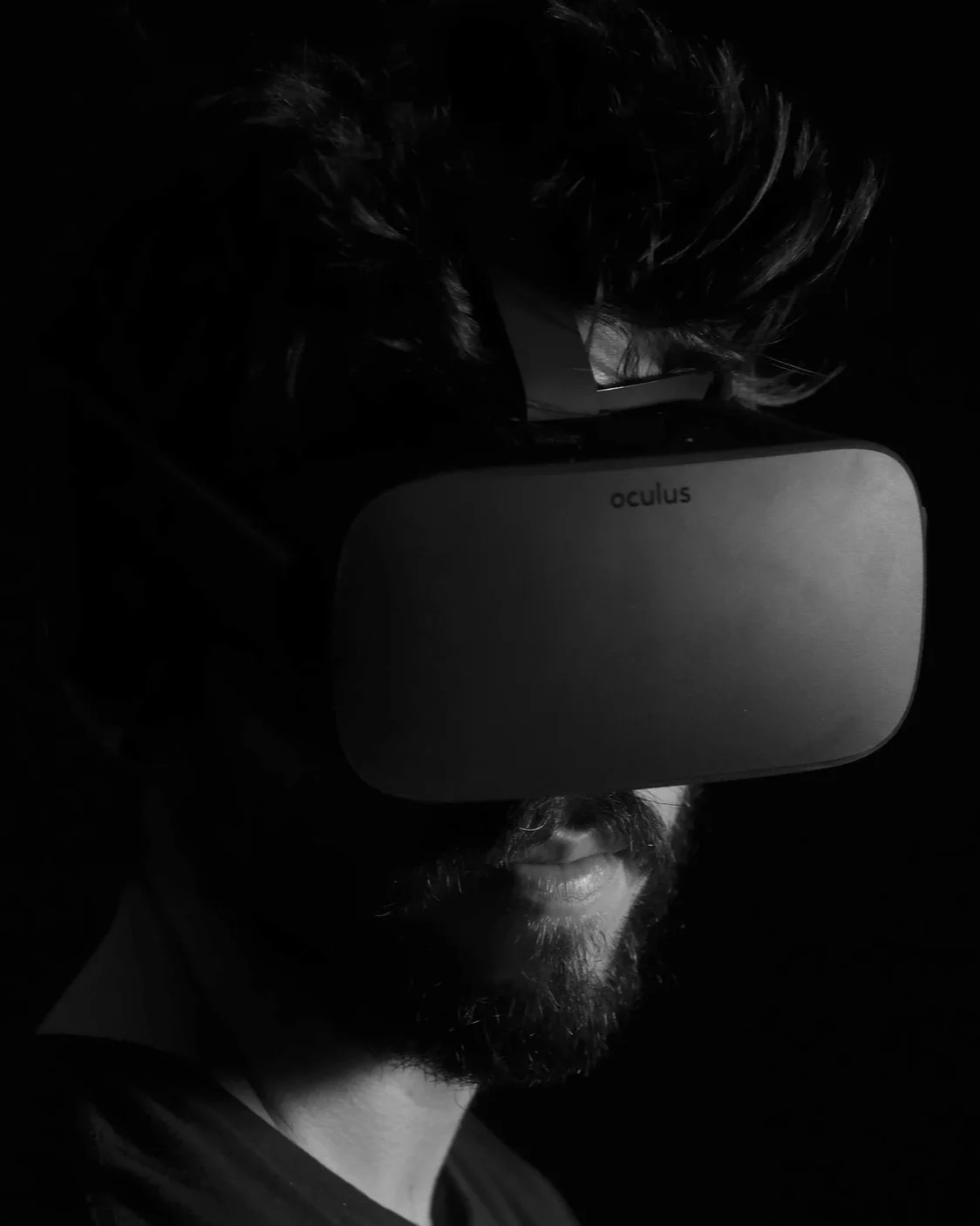That Sinful Simulation
Photo by Lux Interaction on Unsplash
One of the great gifts of living in Sydney is that I can be a liturgical tourist. While most of my mass attendances are in the Roman rite in the ordinary form, I can any given Sunday attend that Rite in the extraordinary form, but also attend liturgies in the Anglican Ordinariate, or the Ukrainian, Melkite and Maronite Divine Liturgies within a short ride from my home.
One Sunday, I attended mass the Roman Rite in the extraordinary form. At the liturgy of the word, I heard something that made me think of the internet. To my shame, I spent a great deal of that mass thinking about the internet.
But just to prove that I am a good Christian, I also spent a good amount of time afterwards thinking about sin.
More specifically, the reason why I got thinking about sin was because one of the readings touched upon the sin of idolatry. The vulgate, that is the Latin translation of the Original Greek text, gave me a fascinating insight into the nature of sin. In one passage at Sunday Mass, the Latin vulgate’s word for idols was “simulacra”, from which we get the word “simulation”
There is an impression that to sin is to do bad things. That is one way to sum up the objective character of the act. Where it becomes problematic is in explaining the subjective character of sin, that is, the experience of the one doing the sinning. If all we had to define sin was “doing bad things”, then what we have in describing the subjective element is that the person doing the sinning delights in doing what is evil (think mad scientist waking up and pondering his options of being evil as he eats his Froot Loops [those incidentally, are evil]).
Augustine once wrote that the pursuit of evil is driven by the pursuit of something good, only our desire for that good is misdirected. Put another way, what we strive for is something good, but we end up chasing a simulation of the good thing, thinking that it is the reality of what the good life entails. The simulation becomes treated as the real thing.
Reality, at least in the opinion of this blogger, is what goes to the heart of sin. We think that the reality of what it means to be human, or even what it means to be Christian, entails a denial of the reality of lived circumstances, thinking that reality lies at a point away from these circumstances. When we do that, we start imposing a reality made in our image onto the world and people around us, stripping them of their givenness, their there-ness, and forcing them with our mental images of what they really should be.
When we do so, we turn reality into a distorted and thinned out version of itself.
What is more, because our sense of self is tied in with our interactions with the world, this means we end up with a distorted version of ourselves. In idolatry, we become a simulation.
Going further still, if it is true that God works within the givenness of creation, and if it is true that our sense of who God is is framed by our engagement with creation, it means that, in sin, our perception of God becomes a simulation as well.
In other words, before sin is an action, it is an orientation towards reality. In the exercise of the virtue of humility, the Christian humbly accepts the giveness of the things and people around her and acts accordingly. Sin, on the other hand, first begins with the vice of pride, presuming that reality is what I make it out to be and impose what I have made onto the world. In the maelstrom, I end up turning into a parody of myself, and my conceptions of God become diluted. In other words, sin is not so much doing bad things, as it is doing good things badly.
In the Christian struggle against sin, it might be necessary to take up the call of the phenomenologist Edmund Husserl and go “to the things themselves”.
Support Awkward Asian Theologian on Patreon, and help make a change to the theological web.




